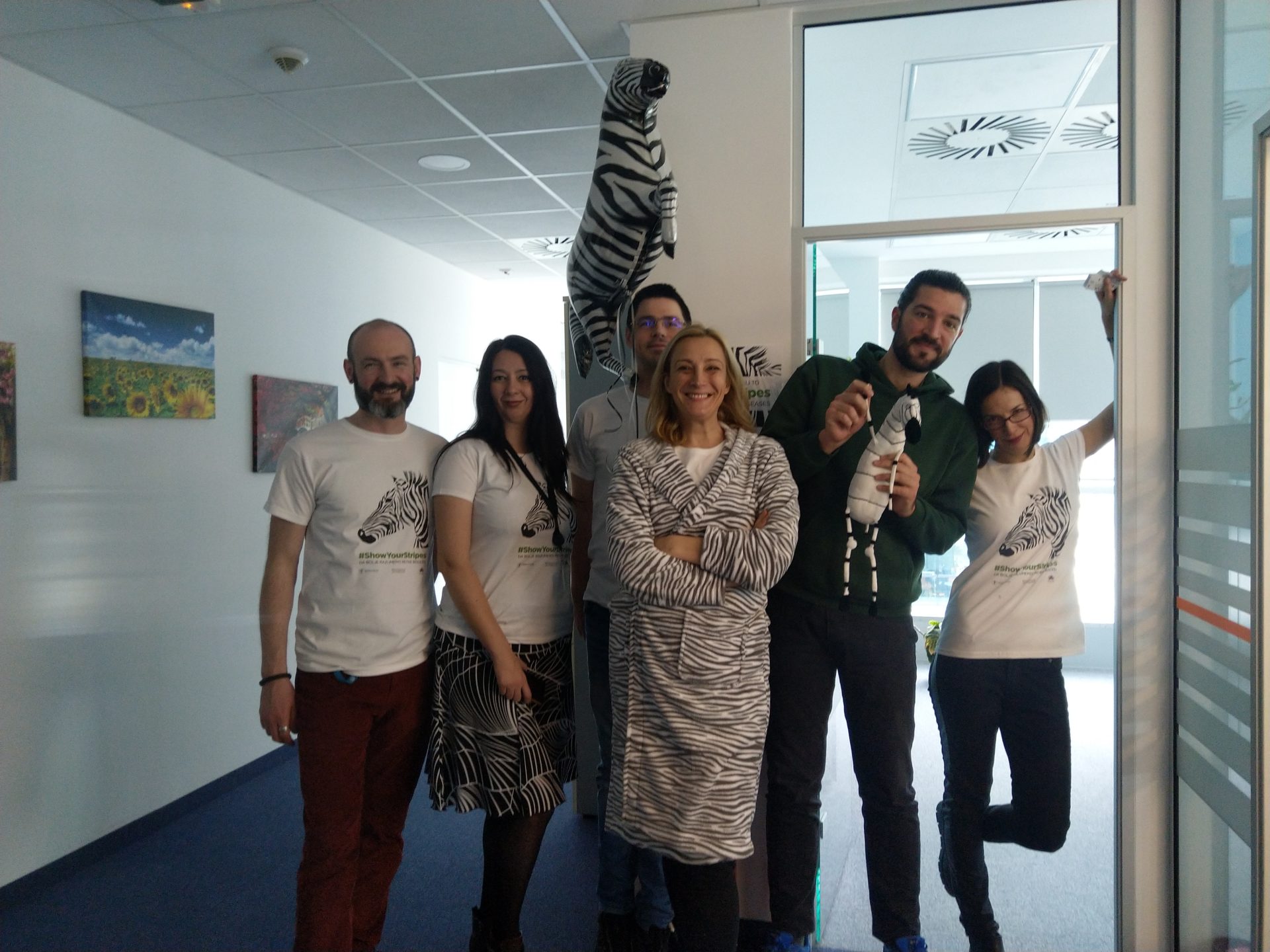
The following blog provides a seven-item checklist to determine whether you and your CRO are ready for the challenges of a rare disease clinical trial.
Although rare diseases by definition affect small numbers of individuals, the collective number of people worldwide living with some type of rare disease is significant. One person in 20 will be afflicted with a rare disease in their lifetime.[i] Rare Disease Day, taking place this year on February 29, aims to raise awareness about rare diseases among policy makers, researchers, health professionals, and anyone who may be in a position to provide or improve medical care for people with lesser-known conditions. The majority of rare diseases have no cure, and many even go undiagnosed. For those researchers and drug developers who have the wherewithal to take up the challenge, there is ample space for advancement in the field.
The journey of a rare disease trial is fraught with logistical challenges and uncertainties. Your study must, by definition, overcome the obstacle of the scarcity of suitable participants. The diversity of symptoms and progression models in a rare condition call for insightful and strategic identification of precision end points. Beyond these methodological considerations is the human layer of the experience and behavior of the study participant. In a research project with a low number of subjects experiencing heterogeneous clinical manifestations, trial success is contingent upon consistent patient participation. More so than in more prevalent therapeutic areas, the success of a rare disease study hinges upon the compliance and perseverance of the study participant.
Before making the investment in a rare disease clinical trial, you want to have all your bases covered. To optimize your prospects for success, we’ve created a checklist to help you determine your readiness as you embark on a rare disease trial.
- Do you have a robust community engagement profile? You need a firm grounding in the communities affected by the rare condition in order to build your knowledge base and your credibility. Engagement with organizations and visibility at events will help you solidify your relationships with scientists, physicians, and academics, as well as patients and their caregivers.
- Do you have access to sufficient numbers of patient participants? Recruitment of sufficient numbers of patients for rare disease studies requires a global presence. Your recruitment efforts will require sites that are trained and equipped to work according to your protocols. Your study must take into account diverse standards of care and regulatory considerations. How prepared are you to take on the regional specificities of a global study?
- Does your trial protocol prioritize patient engagement? In studies where disease heterogeneity is a characteristic challenge, trial protocols must be designed to accommodate the experience of the individual patient. Of course, the information coming from the patient is necessary for your data requirements. But, beyond data, you need strong patient engagement to mitigate risks for noncompliance or study dropout.
- Do you have a system for managing patient-reported outcomes (PROs)? How prepared are you to capture accurate and timely data from the patients themselves? And what will you do with that data after you’ve collected it? PROs can become unwieldy—and expensive—without a well-planned system in place to collect and analyze the data consistently and reliably.
- Do you have solutions in place to help patients with travel? Consistent trial participation is contingent upon patients’ ability to get to and from their site appointments. For success in a rare disease trial, it is incumbent upon the sponsor and other trial stakeholders to remove any practical hindrances to patient compliance. Included in your trial plan should be contingencies to assist patients with transportation and accommodation costs incurred as they travel to and from their scheduled assessment visits.
- Is your protocol customized to the specific rare disease? A rare disease trial cannot be a plug-and-play operation. These conditions often involve pediatrics or other uniquely challenged patient populations. Study methods and design must take into account the particular characteristics of the rare disease and the unique needs of the participants. As you approach your rare disease trial, do you have the agility required to pivot in the event of unexpected results? And are you able to justify your design innovations to regulators?
- Are you engaged with patient advocacy groups for your therapeutic area? As the patient voice becomes more influential in regulatory decision making, patient advocacy groups are gaining traction. As a sponsor seeking to benefit individuals with rare diseases, your collaboration with such organizations is essential to all aspects of your project, from patient recruitment to disease-related guidance. Beyond trial design and execution, patient advocates are valuable allies in supporting your drug approval.
For your rare disease trial, Worldwide Clinical Trials checks all the boxes.
With a presence in more than 60 countries, including North and South America, Eastern and Western Europe, Russia, and Asia, Worldwide Clinical Trials has the global presence your rare disease trial needs for access to patients, investigator sites, and regulatory bodies. Our team has been instrumental in more than 50 rare disease trials, providing services in study design, trial execution, and data analysis. We know the complexities of rare disease trials, and we are up to the challenge.
Get your rare disease trial off on the right foot. Talk to a rare disease expert at Worldwide today.
Resources
[i] https://www.rarediseaseday.org/article/what-is-rare-disease-day#


